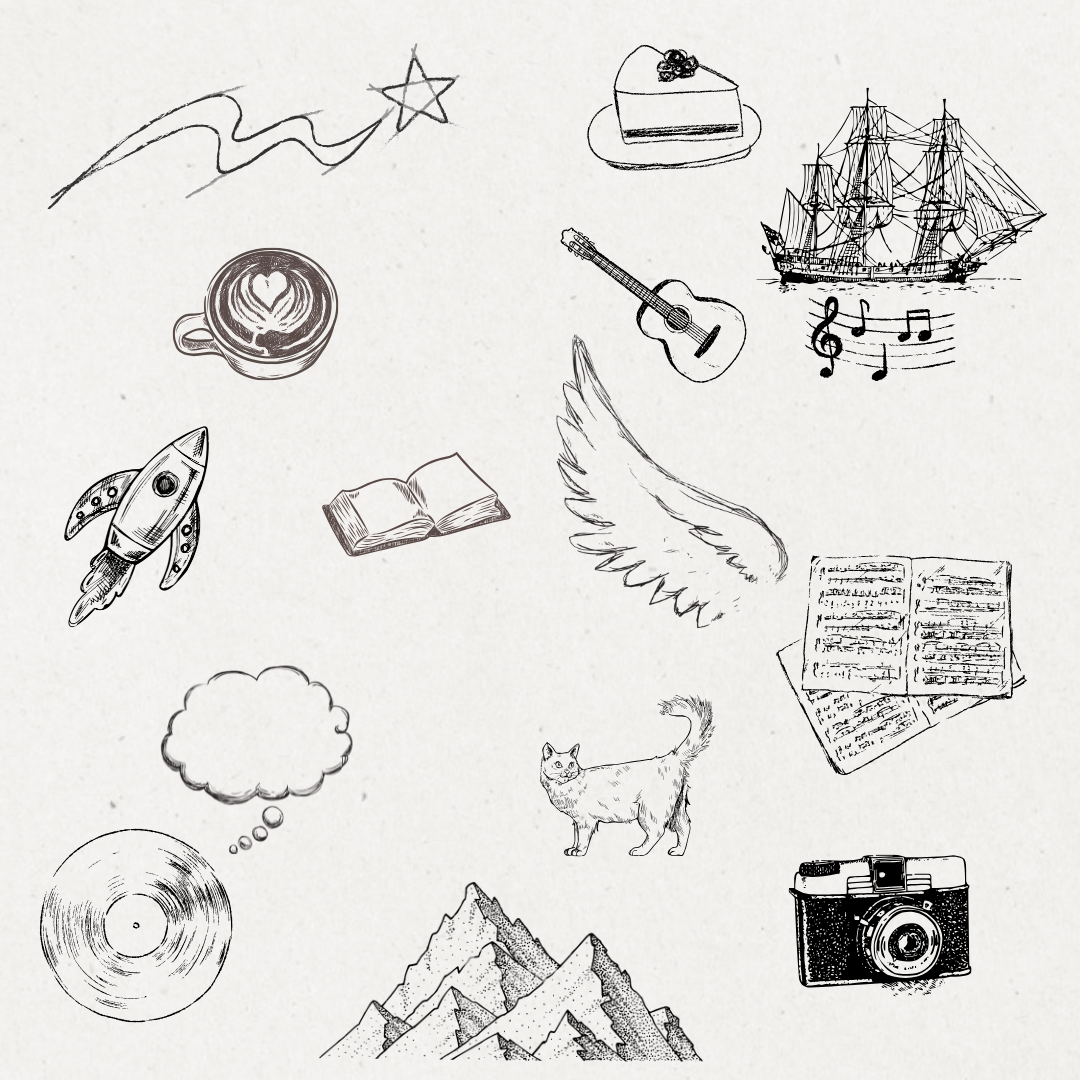
5 Science Backed Reasons Why Everyone Is Creative
Think creativity is just for artists? Think again.
Backed by neuroscience and psychology, there are five powerful, science-supported reasons why everyone is creative—yes, including you.
From the way your brain forms connections to the benefits of curiosity and daydreaming, creativity is a natural part of being human. Studies show that creative thinking improves problem-solving, innovation, and even emotional wellbeing.
Creativity isn’t reserved for a few—it’s something we all have, and with the right tools and mindset, it can thrive.
1. Creativity Is Hardwired in Your Brain
Creativity isn’t just a talent—it’s hardwired into your brain.
Research using fMRI scans shows that creativity doesn’t live in just one part of the brain—it’s a whole-brain experience, especially connected to the default mode network (DMN), which lights up during daydreaming, problem-solving, and imagination. According to the National Institute on Aging, all humans engage in creative thought, whether it’s through artistic expression, decision-making, or everyday problem-solving.
2. Children Are Born Creative
A NASA study led by Dr. George Land found that 98% of 5-year-olds scored in the “creative genius” category. But by age 10, that number dropped to 30%, and by adulthood, only 12% remained.
The reason? Not a lack of creativity—but a system that teaches us to suppress it. Education models, societal norms, and rigid thinking slowly condition us to prioritize “right answers” over imagination.
3. Creativity Exists Beyond Art & Music
Creativity isn’t just for artists or musicians—it’s a vital skill that powers innovation in science, technology, business, and everyday life. The World Economic Forum ranks creativity among the top three essential skills for the future of work. Whether you're solving complex problems, launching a startup, or reimagining your daily routines, creative thinking drives progress.
4. Everyday Problem Solving Is Creativity
Creativity isn’t just about making art—it shows up in the way you cook dinner, organize your space, or navigate a tough conversation. According to the American Psychological Association, these everyday tasks rely on creative thinking by combining what you know in new and adaptive ways. Creativity is about flexibility and problem-solving—and that’s why 84% of executives, according to Harvard Business Review, say it’s the key to business success.
5. Neuroplasticity Means Creativity Can Be Strengthened
Creativity isn’t fixed—it’s a skill you can grow. According to brain plasticity research from Johns Hopkins University, your brain is constantly rewiring itself. This means that the more you engage with creative tasks like journaling, brainstorming, and exploring new experiences, the more your creativity expands.
You’re not born with a set limit—you build it, nurture it, and strengthen it over time.
